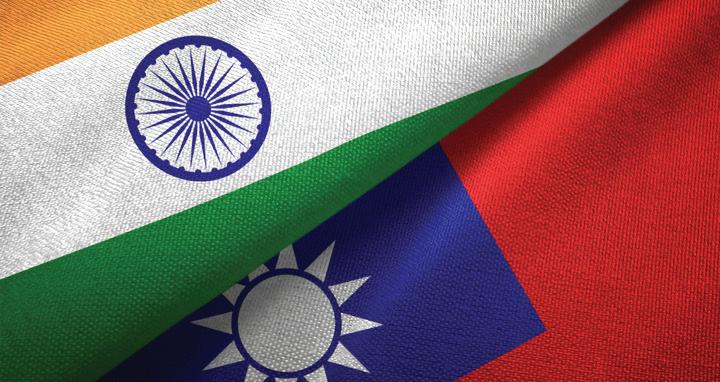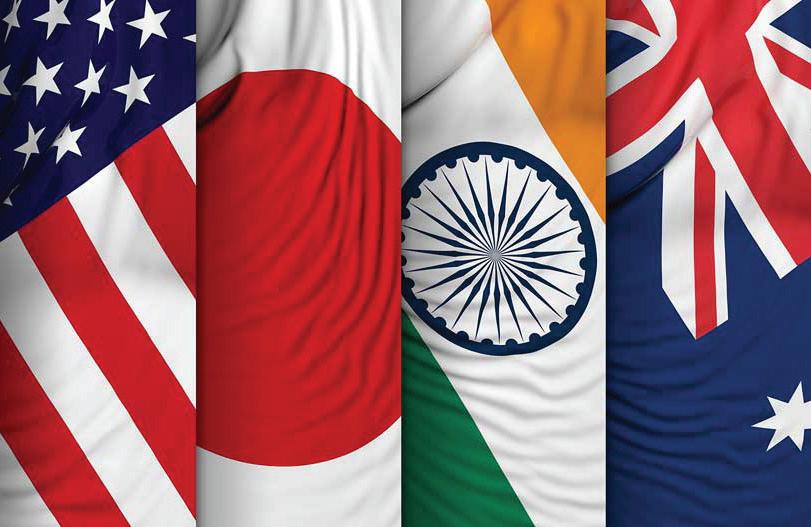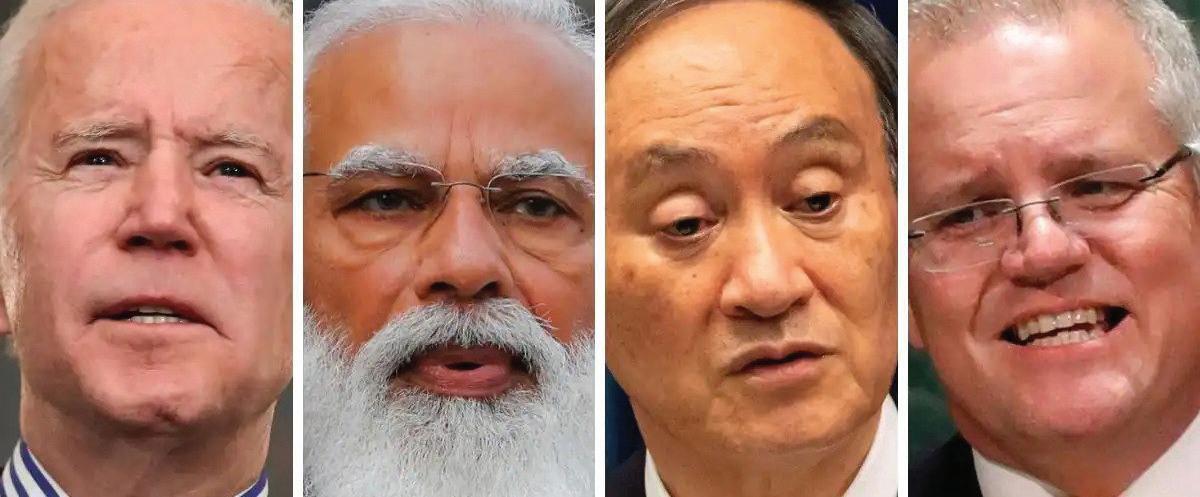
7 minute read
WORLD THIS WEEK
Saudi Arabia: The criminal case against Mohammed bin Salman
Saudi Arabia: The criminal case against Mohammed bin Salman
Advertisement
What happened?
On 2 March, the Reporters without Borders (RSF) filed a criminal complaint in Germany, charging Saudi crown prince Mohammed bin Salman (MBS) and four other high-ranking officials with crimes against humanity, including the 2018 killing of journalist Jamal Khashoggi. The lawsuit has been submitted in front of Germany’s Public Prosecutor.
The lawsuit comes less than a week after the CIA released an intelligence report that concluded the Crown Prince had “approved an operation to capture or kill Khashoggi.”
What does it mean?
Two questions: Will Germany prosecute? Even if it does, will it have any impact on MBS?
Until now Germany has led cases pertaining to the ones filed against the Islamic State and officials involved in the Syrian civil war. But in indicting the crown prince, if the German court decides to hear the case, will send a strong signal from Europe to the country, which until now has been lacking since the killing of Khashoggi. The diplomatic relation is bound to play a role in determining how the verdict will be delivered. But more importantly with an ambition to power, it remains to be seen what MBS would do next. Until now the international pressure against the crown prince has done minimal to upset the domestic clampdowns and a possible hearing could do the same.
The UK: The post- Brexit fallout with the EU over Northern Ireland
What happened?
On 3 March, the EU announced that the ‘unilateral decision’ of the United Kingdom on Trade Rules is a breach of international law and threatened legal action. During Westminster’s annual budget, the UK announced its decision to unilaterally extend the grace period on the checks for goods moving between Britain and Northern Ireland, which is a violation of the Northern Ireland Protocol.
On 2 March, Michel Barnier stepped down as the EU's chief Brexit negotiator and his specialist team of Eurocrats has been disbanded. Barnier warned that there remain "many challenges ahead" for the EU and UK.
What does it mean?
Though the EU and UK were expected to face short-term losses and logistical challenges, Northern Ireland seems to be facing the substantial brunt of the post-Brexit trade deal.
Second, the new trade deal disputes over border protocols have wreaked havoc among the already fragile arrangements that exist between them. The unilateral decision would necessarily ease the impact of the Brexit on the businesses in Northern Ireland
Iraq: Pope Francis meets the Grand Ayatollah in Baghdad

What happened?
On 5 March, Pope Francis arrived in Baghdad, commencing his historic three-day visit to Iraq. This is the first-ever papal visit to the region, and also the Pope’s first international visit since the pandemic began. During this visit, the Pope met prolific Islamic leaders and addressed the Christian community in the region.
On 6 March, the Pope visited the city of Nafaj, where he met the Grand Ayatollah Ali al-Sistani. Both the religious leaders spoke regarding the dwindling Christian community in Iraq and the threats against them. The Ayatollah affirmed that Christian citizens should be given a chance to live in peace and security just as any other Iraqi.
What does this mean?
First, the Pope’s visit could improve religious tolerance in Iraq and preserve the Christian community. At present, Iraq has 250,000-500,000 Christians. The Pope’s call for an end to the violence and strife ensuing in the region could also push the Iraqi government to keep a leash on terrorism.
ALSO IN NEWS
China: Military commences month-long exercise in the South China Sea
On 1 March, China’s military began its exercise in the South China Sea. Other vessels will be prohibited from entering a five-kilometre radius of a point at the Leizhou Peninsula until the end of activities on 31 March. The Chinese Ministry of National Defence said that they will “not lose an inch of land left to us by our ancestors.” The ministry also criticized the US for “Hyping the so-called Chinese threat and urging allies to jointly compete against China.”
China: Huawei CFO expected to appear in Canada Court
On 3 March, Huawei’s Chief Financial Officer, MengWanzhou, was scheduled to make an appearance at the B.C. Supreme Court in Vancouver, Canada for the hearing of her extradition case which initially began in December 2018. The court hearing will plan out a roadmap for the actual hearing of the extradition case. On 4 March, prosecutors urged Canada’s Justice Minister to make the judgement on whether matters of national security and geopolitical concerns can be used to annul Wanzhou’s extradition.
China: Space Agency shares images of Mars
On 4 March, China’s National Space Agency shared an image of the planet Mars, taken by the Tianwen-1 probe. The agency shared two panchromatic images and one coloured image, which were taken by the probe’s high-resolution cameras from a distance of 300 to 350 km. China’s news agency reported small landforms that were visible in the image. Mountains and craters with a diameter as large as 620 meters have been identified in the image.
Hong Kong: Police detains 47 pro-democracy protestors
On 28 March, Hong Kong Police arrested more than 50 prominent pro-democracy activists out of which 47 were charged with conspiracy to commit subversion. The 39 men and eight women were involved in an unofficial election primary that was being organized by the pro-democracy parties. The individuals have been arrested under the new national security law which issues life imprisonment for crimes of subversion. On 4 March, the court passed its decision to deny bail to 32 activists while 15 were granted bail but were still held in custody.
Australia: Trade with China plummets
On 4 March, the Australian Bureau of Statistics announced that the beef exports to China fell by 37 per cent and lamb exports fell by 60 per cent. On the same day, Rabobank, a Dutch multinational bank observed that the political relationship has led to deteriorating trade between the two countries. The report said that the relationship between the two countries would continue to get worse before they pull up. Australia’s export to China was 2.1 per cent higher in 2020.

Japan: Foreign Ministry increases cooperation with European Countries

On 2 March, the Foreign Minister of Japan, Motegi, announced at a press conference that Japan welcomed “the patrol and surveillance activities being undertaken by France now in the waters of Japan.” Motegi explained that there were challenges to national security and democracy in the Indo- Pacific region. Germany has also planned to dispatch a vessel before the end of the year.
Myanmar: Anti-military protests that continue to turn violent
On 3 March, a UN official announced that 38 people had been killed so far in the protests staged by the citizens against the military. The police and military were seen firing live ammunition on the citizens while they were expressing their discontent with the military’s usurpation of power in the country. On 3 March, the deputy UN Ambassador appointed by the military also resigned after Ambassador Kyaw Moe Tun’s speech and three-finger salute at the general assembly. On 3 March, ASEAN held a meeting with the foreign ministers of member countries to discuss the political crisis in Myanmar. While Singapore, Malaysia and Indonesia spoke for democracy to be returned in the country, Vietnam and Cambodia rejected interference in the issue. On 1 March, SuuKyi was charged with two more charges, thereby increasing her time in prison to 9 years if found guilty. Other members of the National League for Democracy have also been arrested and charged with similar charges.
France: Former President sentenced to jail
On 1 March, Nicholas Sarkozy, the former President of France appeared in court where he was sentenced to three years in prison on corruption charges. He was convicted for bribing a judge in 2014 for information on a case. Although the charges are not of embezzlement, he is said to have abused his power to receive information. He will be the first French president to get a custodial sentence.

France: Macron admits France’s hand in torture and murder of Algerian nationalist
On 2 March, Emmanuel Macron reassessed the death of a prominent Algerian nationalist and said, “He did not commit suicide. He was tortured and then killed.” Ali Boumendjel was an Algerian lawyer who was arrested by the French army during the seven-year war of independence in 1957 and was said to have committed suicide. Macron’s statement represents France and is a move to improve relations with Algiers. The statement is a start to accepting the many atrocities that may have been conducted by European countries during the era of colonization.
About the authors
Harini Madhusudan is a PhD scholar at NIAS, SourinaBej is an independent researcher associated with the NIAS Global Politics Course, NIAS, Avishka Ashok is a Research Assistant at NIAS and Jeshil Samuel J is a Masters Student at Christ (Deemed to be) University, Bangalore.










